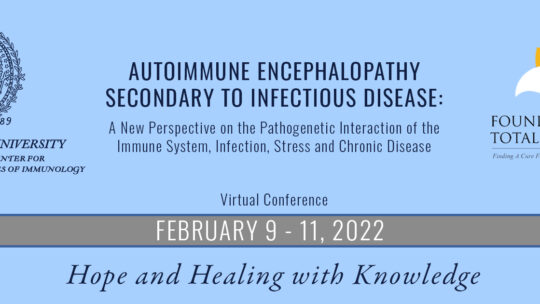McHugh A, Chan A, Herrera C, Park JM, Balboni I, Gerstbacher D, Hsu JJ, Lee T, Thienemann M, Frankovich J. Profiling Behavioral and Psychological Symptoms in Children undergoing treatment for Spondyloarthritis and Polyarthritis. J Rheumatol. 2022 Feb 1:jrheum.210489. doi: 10.3899/jrheum.210489. Epub ahead of print. PMID: 35105715.
Results: There were 111 patients and 1753 healthy controls (HCs). Compared to HCs, patients with SpA or PolyA had worse total competence and internalizing scores. Higher cJADAS10 scores were associated with worse total competence, worse internalizing, and higher total problems scores. Most of these differences reached statistical significance (P < 0.01). Self-harm/suicidality was almost 4-fold higher in patients with PolyA than HCs (OR 3.6, 95% CI 1.3-9.6, P = 0.011).
Conclusion: Our study shows that patients with SpA and PolyA with more active disease have worse psychological functioning in activities, school, and social arenas, and more internalized emotional disturbances, suggesting the need for regular mental health screening by rheumatologists.






